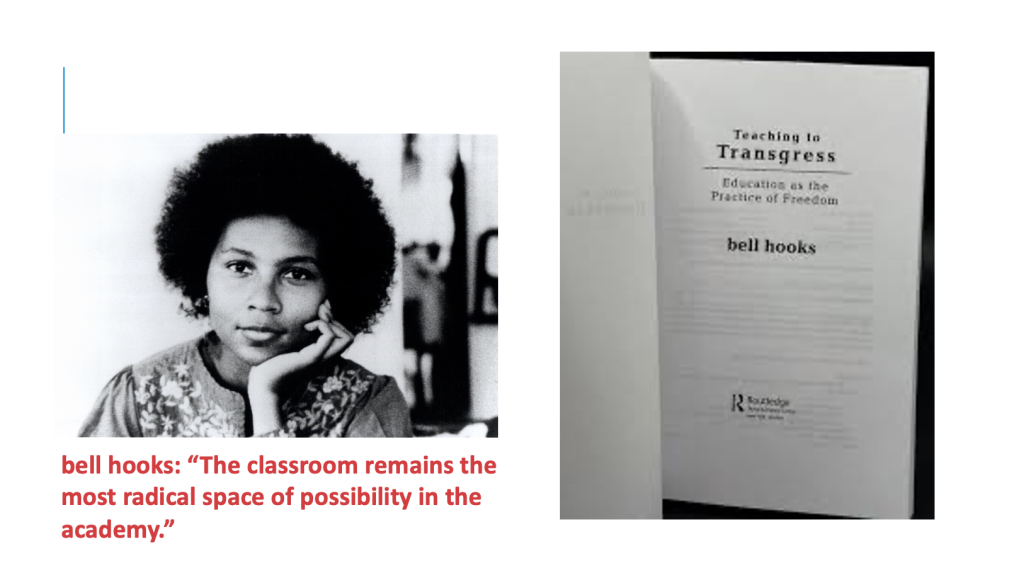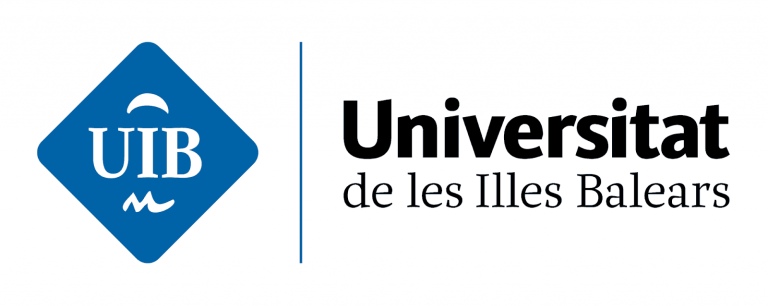About Shake-Art 21

This research project is founded on the premise that there exists a symbiotic relationship between theory and activism, between academic scholarship and the real world, and that, in consequence, it is possible to examine this connection critically and, from there, contribute to social change. Indeed, over time, many scholars have responded to such a challenge and approached the problems and contradictions of modernity through the study of aesthetics in the hope that such analysis could improve the world. Specifically, the examination of Shakespeare’s works, as this research project will demonstrate, not only has served –and serves– as a commentary on the society in which they were written, but also offers a valuable perspective through which to analyse and understand contemporary societal issues. Shakespeare’s works challenge the status quo by encouraging audiences to question the society in which they live, and in doing so, have transcended the boundaries of academic discourse, and found relevance in activist contexts. The engagement of Shakespearean scholars with real-world issues has played a significant role in this phenomenon.
Throughout history, the practice of scholars engaging in both traditional academic pursuits and activism, or “double-militancy,” has not been uncommon. The protests of May 1968 in Paris involved workers, students, and university lecturers. In the 1960s and 1970s, as explained by Elaine Showalter, teaching became an “explicitly political act for radical and minority groups in the university” (2003: 23). More recently, in 2011, academics all around the world joined movements such as the 15M in Spain or the Occupy protests in USA, the #MeToo campaign and the feminist demonstrations in 2017, or the Black Lives Matter movement in 2020. Clearly, the student protests and the participation of (part of) academia in the advance of a new political agenda have constituted a phenomenon that is worth analysing.
To mention one specific example, in 2011, the political activist, philosopher and academic scholar Angela Davis related a fascinating anecdote that might illustrate this project’s interest. She was taking part in a Marcuse conference in Philadelphia, where scholars were discussing the various ways the philosopher’s theories push people in the direction of a critical practice, when they realised that more than three hundred people had pitched their tents in the plaza outside the city hall, near the conference venue. They were supporters of the Occupy Movement. Almost all the attendants of the conference, more than one thousand scholars, were so captivated by this historical juncture that they spontaneously joined a night march in support of the protests (Davis, 2011). Interestingly, the Occupy movement was soon described as a “highly theatrical protest”, with many camps featuring a dedicated theatre space and commentators referring to the protest sites as “stages for dissent.” For example, the Occupy London protesters took over the stage at the Arcola Theatre with a theatrical production dramatizing the demonstration outside St. Paul Cathedral (Evening Standard, 2012). Similarly, the 15M in Spain was known for its theatricality, as there were performances in camps across the country. In Murcia, the 15-M movement staged an adaptation of Shakespeare’s Hamlet entitled Gitánforas: Hamlet el Escaparate de la Locura under the direction of Esther Ruiz and the Theatre Company Tabatha Laboratorio Experimental de Vanguardia. This street performance aimed to address and bring attention to the main demands of the 15-M movement.
The 15M culture commissions actively promoted street art and organised art exhibitions in conjunction with the protests and occupation of spaces. This multifaceted approach to activism, combining actions, reflections, and creations, led to a “circulation of social energy” –to use Stephen Greenblatt’s expression–, which continues to be evident today. The involvement of artists in the protests led to activism being brought into and beyond the traditional gallery spaces, encouraging the use of various forms of expression such as public reading and speaking, street painting, collective marching and performing.
Interestingly, there has been scholarly work on the connection between the Occupy Movement and the notions of theatricality and performance (Rohd, 2012; Butler, 2015). One of the key features of the Occupy Movement was its use of performative tactics, such as public assemblies, marches, and protests, to draw attention to its message and mobilise participants. These tactics were seen as a form of “performative politics” that used symbolism, spectacle, and collective action to communicate the movement’s message and build its identity (Rohd, 2012; Graeber, 2012; Bernstein, 2013; Leeker and Roesner, 2014; Butler, 2015). Scholars have also argued that the Occupy Movement represented a new form of “performative democracy” in which citizens used public space and collective action to directly express their political views and demand greater accountability from their leaders. Moreover, the movement has been seen as a form of performative resistance, where the protestors are using their bodies and actions to resist the status quo and create a counter-narrative to the dominant one (Duncombe and Anderson, 2012; Bernstein, 2013).
This is just one example of how activism is receiving significant scholarly attention in the 21st century and is being informed by theoretical perspectives to a greater extent than ever before. Additionally, activist endeavours are becoming an increasingly integral part of the work and thought processes of academics, and it is therefore of significance to investigate the ways in which this phenomenon manifests within the field of Shakespearean scholarship. It is fundamental to note that the crossovers between real-world issues and academia are complex, heterogeneous, circular, multi-faceted and, sometimes, even contradictory. This is why this research project aims to examine the effectiveness of channels of communication between academia and activism, the role of political art in this context, and the ways in which theory can be applied to practice, as well as practice can inform theory. Additionally, this project will investigate the potential of interdisciplinary approaches within the field of Shakespeare Studies, such as the integration of Critical Theory, Theatre and Performance Studies, and Visual Culture Studies, to provide new perspectives on these issues. The ultimate goal of this research is to demonstrate the mutual dependency of literary and critical theory, and their practical application, with the hope of transferring the findings to society.


